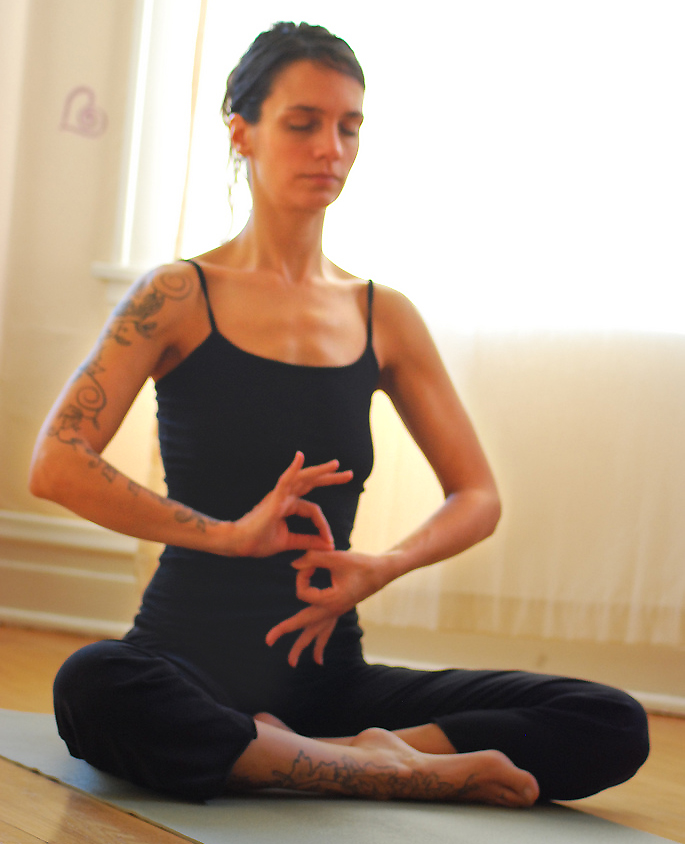Kundalini yoga is a spiritual style of yoga focused on awakening the kundalini energy located at the base of the spine. While kundalini yoga has its benefits, there are also some dangers involved if the practices are not learned from a qualified teacher.
What is Kundalini Yoga?
kundalini yoga is a spiritual practice that blends physical movement, breathing, meditation and mantras to awaken dormant energy and achieve personal transformation over time. It aims to break through suppressed energies and achieve higher states of consciousness, personal growth and self-realization.

Risks and Dangers of Kundalini Yoga
While kundalini yoga has its benefits, there are also some dangers involved:
Kundalini Syndrome
Also called spiritual emergency, this refers to intense and painful physical, psychological and emotional symptoms from kundalini awakening
Can include mind fog, anxiety, fatigue, involuntary movements, pain, digestion issues, headaches and more
If not handled properly, kundalini syndrome can disrupt daily functioning
Psychosis
The intense energies and meditations involved in kundalini yoga could worsen or trigger underlying mental health conditions like bipolar disorder or schizophrenia
There are reported cases of people experiencing psychotic episodes, hearing voices or becoming disconnected from reality
Those with mental illness should avoid kundalini yoga due to the risks
Trauma
The powerful release of emotions and memories from kundalini yoga can be re-traumatizing for some people
Past traumas like sexual abuse, combat or childhood trauma can resurface
This can be overwhelming without proper support and guidance

Initiations and Challenges
Some kundalini yoga classes employ very forceful breathing, chanting and meditation techniques to speed up the process
Doing intense kundalini yoga before the body and nervous system are ready can cause energetically difficult effects
This can happen during practice and may be disruptive and embarrassing for students
Incompetent Teachers
Kundalini yoga teachers that are not thoroughly trained can misguide students
They may not provide proper precautions, modifications or assistance with difficulties
This amplifies the risks since kundalini yoga requires care and oversight
What are Potential Benefits of Kundalini Yoga ?
- Increased physical energy and stamina – The breathwork, movement, and meditation can improve energy levels and combat fatigue.
- Emotional balance – Kundalini yoga helps release suppressed emotions, trauma, and energy blocks to promote inner calm and resilience.
- Reduced stress and anxiety – The meditations and mantras have a soothing effect on the nervous system to relieve stress.
- Improved mental clarity and focus – Practicing kriyas sharpens concentration, memory, and mental acuity.
- Self-awareness – Tuning inward heightens self-reflection and awareness of inner states.
- Spiritual development – Kundalini awakening experiences can enhance intuition, creativity, and connection with the divine.
- Self-confidence – Overcoming challenges during practice builds willpower and self-belief.

Guidelines for Safe Practice
Kundalini yoga does carry risks, but they can be minimized by following these recommendations:
Work with a Qualified Teacher
Find an instructor certified by the Kundalini Research Institute (KRI)
They should have gone through proper training over several years
An experienced teacher will know how to safely adapt practices for each student
Go Slowly and Gradually
Don’t rush into intense kundalini yoga practices
Allow time for your body and psyche to adjust to the effects over months and years
More gentle styles like hatha or yin yoga help build readiness
Pay Attention to Reactions
Notice your mental, emotional and physical responses during and after practice
Discontinue any practices that cause worrisome reactions
Report concerns to your teacher and healthcare providers

Get Medical Guidance
Speak to a doctor before undertaking kundalini yoga, especially if you have any medical or mental health conditions
Those with psychosis, trauma, addiction or medications should be very cautious
Support Practices
Things like meditation, counseling, mindfulness, grounding practices and spiritual community provide mental health support
This helps integrate the intense energies and emotions brought up by kundalini yoga
Conclusion
With proper precautions and guidance from a trained teacher, kundalini yoga can be practiced more safely. Still, it is not appropriate for everyone due to the risks involved. As with any powerful practice, education, care and discernment are key.


